In the rural district of Chibombo, Zambia, the odds are stacked against young people. Youth unemployment is alarmingly high, and most families depend on seasonal, rain-fed farming that leaves them economically vulnerable for much of the year. Without access to education or training, many are drawn into child labor or forced to migrate in search of low-wage work. These patterns, repeated over generations, trap communities in cycles of poverty and lost potential.
Recognizing the urgency of the situation, the Daughters of Mary Immaculate (DMI)—an organization with over a decade of grassroots experience in Zambia—proposes the establishment of a skill training center in Chibombo. This center will serve as a lifeline for youth who have no access to technical education or employment pathways. Through courses in tailoring, catering, computer literacy, and beauty services, the center will equip 300 rural youth annually with practical, income-generating skills. These are trades in demand both locally and beyond, enabling young people to find employment or start their own small businesses.
For many in Chibombo, the lack of such opportunities has real consequences. Only those from wealthier families can afford to travel to Lusaka, the capital, where institutions and industries offer training and jobs. The rest are left behind, unskilled and vulnerable. Families in the region reached out to DMI with a clear request: to bring training opportunities closer to home so their children could have a better future. In response, DMI conducted a community needs assessment and found strong interest—especially from young women—in vocational programs offered locally.The project will be implemented over 12 months and includes the construction of a fully equipped training center, along with community engagement and support services to ensure strong participation and long-term impact. The total estimated budget is $120,000. A detailed breakdown of infrastructure and equipment costs is provided below.Funding Needed: $120,000
.avif)
.png)
We provide essential services tailored to survivors' needs, including family reunification, residential care, and reintegration programs for at-risk children and youth.
.png)
Through our accreditation processes and open-source collaboration, we connect and support aftercare organizations, enhancing the quality of care and support available to survivors globally.

Engaging with a global community of service providers, researchers, and advocates, we drive innovation and continual improvement in aftercare practices to combat human trafficking effectively.

Our active engagement spans Southeast Asia, Africa, and Latin America, where we support organizations in building brighter futures for survivors and uniting communities to end exploitation.